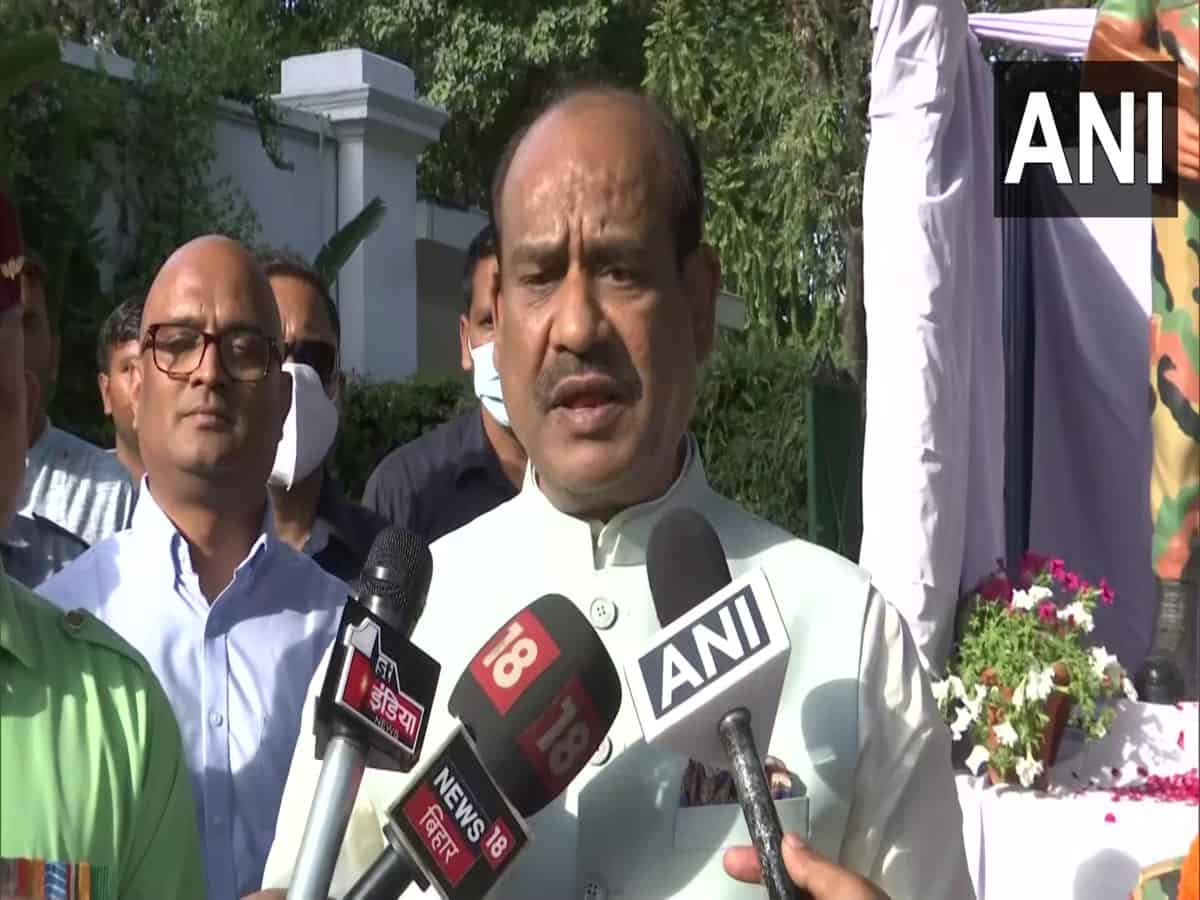
New Delhi: Editors Guild of India on Sunday expressed concerns over certain provisions of the Digital Personal Data Protection (DPDP) Bill, saying they can have an adverse impact on press freedom.
In a statement here, the Guild said the DPDP Bill creates an enabling framework for surveillance of citizens, including journalists and their sources.
The Guild has asked Lok Sabha Speaker Om Birla to refer the Bill to a parliamentary standing committee. It has also written about its concerns on the Bill to Prime Minister Narendra Modi, Rajya Sabha Chairman Jagdeep Dhankhar, IT Minister Ashwini Vaishnaw and leaders of political parties in Parliament.
The government tabled the DPDP Bill in Lok Sabha on August 3 with an aim to protect the privacy of Indian citizens while proposing a penalty of up to Rs 250 crore on entities for misusing or failing to protect digital data of individuals.
The Bill comes six years after the Supreme Court held that right to privacy is a fundamental right.
Under Section 36 of the DPDP Bill, the Guild said, the government can ask any public or private entity (data fiduciary) to furnish personal information of citizens, including journalists and their sources.
It also voiced concerns over clause 17(2)(a) that allows the Union government to issue a notification exempting any “instrumentality of the State” from the provisions of this Bill, thereby out of the ambit of data protection restrictions, including internal sharing and processing of data.
Section 17(4) allows the government and its instrumentalities to retain personal data for an unlimited period of time, it added.
“We note, with dismay, that while the Bill, ostensibly to promote data protection, has failed to make any provisions that bring about the surveillance reform that is urgently needed, and in fact creates an enabling framework for surveillance of citizens, including journalists and their sources,” the Guild said.
It said it is deeply concerned about the lack of exemptions for journalists from certain obligations of the law where the reporting on certain entities in public interest may conflict with their right to personal data protection.
The Justice Srikrishna Committee had provided a framework for balance between personal data protection and public interest, which is missing from the current bill, it said.
“This will lead to a chilling effect on journalistic activity in the country,” the Guild said.
It said certain provisions of the Bill also shift the balance in favour of non-disclosure of information, including information sought by journalists in public interest, thereby reducing accountability.
The Guild has also flagged concerns over the composition of the Data Protection Board and stressed the need for it to be independent of the government.
The government has listed the DPDP Bill for consideration and passage in Lok Sabha on Monday.



